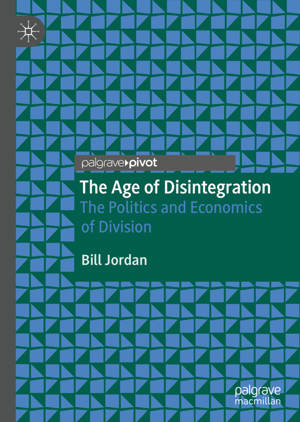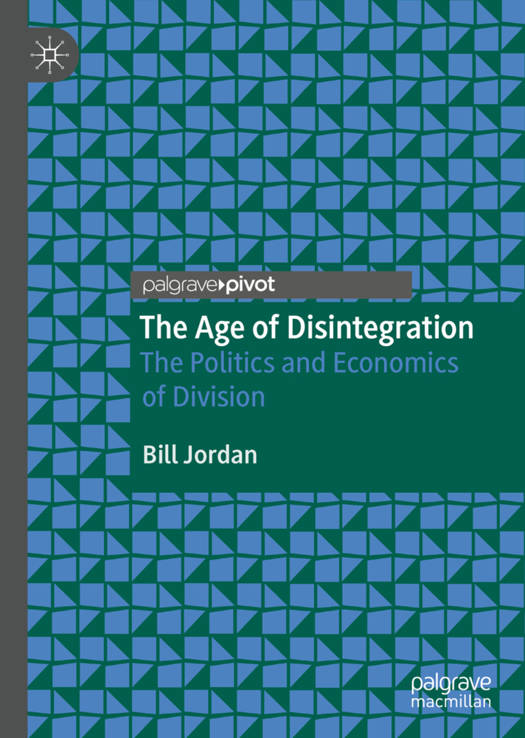
- Retrait gratuit dans votre magasin Club
- 7.000.000 titres dans notre catalogue
- Payer en toute sécurité
- Toujours un magasin près de chez vous
- Retrait gratuit dans votre magasin Club
- 7.000.0000 titres dans notre catalogue
- Payer en toute sécurité
- Toujours un magasin près de chez vous
Description
This book addresses the disintegration of collective units of all kinds, under the twin pressures of economic globalisation and technological automation. At the level of super-states, the constituent nations of the European Union and the former Soviet Union, and of the United Kingdom, have demonstrated this dynamic; and their constituent groups, associations and communities have done so too. The author analyses the causes and consequences of these processes, at the global, national and local levels, the significance of increased mobility and migration, and the politics of resistance to some damaging effects. He recommends ways in which public policy can offset some of the latter, including radical changes in tax-benefits systems, already being trialled in several countries worldwide.
Spécifications
Parties prenantes
- Auteur(s) :
- Editeur:
Contenu
- Nombre de pages :
- 92
- Langue:
- Anglais
Caractéristiques
- EAN:
- 9783030414443
- Date de parution :
- 24-03-20
- Format:
- Livre relié
- Format numérique:
- Genaaid
- Dimensions :
- 148 mm x 210 mm
- Poids :
- 290 g

Les avis
Nous publions uniquement les avis qui respectent les conditions requises. Consultez nos conditions pour les avis.






